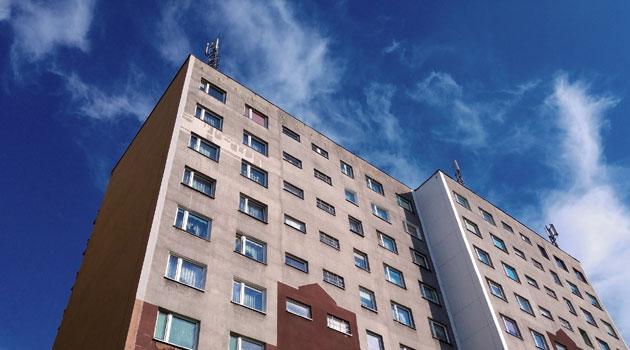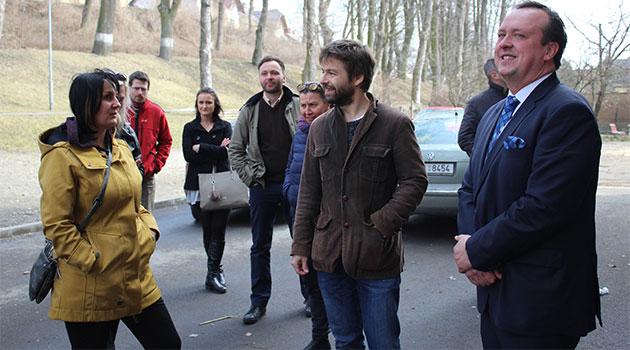Analysis: Czech housing benefits keep people's heads above water

On 19 March the Supreme Audit Office (NKÚ) published a report about its audit of the Czech Labor and Social Affairs Ministry, the General Directorate of the Labor Office and the Czech Government Agency for Social Inclusion. The audit assessed the impacts of state policies against social exclusion.
The report itself does not contain any fantastic findings of mistakes. However, the press release about it does not correspond to that fact.
The reactions of some activists and civic associations, who see that press release as confirmation of the assumption that everything is being poorly done and that the state is spending an enormous amount of money “for nothing”, or spending it in different places than it should, also do not align with what the audit actually found. It is important to look at reality a bit more soberly, and from the perspective of an expert.
Assessments and audits of the impacts of state policy are important. However, it is a problem if the auditor does not state what method was used to assess the impact of the policies.
Without this we will never find out why the instruments and policies chosen were audited and what indicators were used to assess them. To state that CZK 60 billion [EUR 2.4 billion] were spent and social inclusion intensified is too simplistic.
In addition to those findings, it is necessary to ask what could have happened if the state had not spent that money. How many people would have become homeless or experienced a decline in living standards if the housing benefit had not been disbursed?
How many people would have ended up on the street if we had limited the number of shelters available? Those are the questions that the people who assess the impact of policies must ask and answer as well.
If the NKÚ is alleging that the deterioration in the problem of social exclusion is documented by the so-called “Gabal map“, that is not an absolutely precise assertion. Studies differ in their methodologies, even though it is not possible to say that there is no social exclusion in the Czech Republic.
Exactly the opposite is the case. We may be a country that can be proud of the fact that “on average” we do well when it comes to the area of poverty, but it is known that there are groups here that are extremely badly off in comparison to other countries – single-parent households, unemployed persons, over-indebted persons and persons in collections proceedings, and we could continue this list.
Gabal’s study certainly demonstrates some trends – yes, the number of socially excluded localities is growing, but the localities themselves are shrinking and people are moving into smaller communities. Socially excluded localities unfortunately are also continuing to impact primarily Romani people.
Those facts, however, were not mentioned in the press release about the audit. The report unfortunately also ignores the fact that social policy in the Czech Republic is not just preventive, but also ameliorates the impacts of other policies.
One such area is the developments on the housing market and the area of housing in general. At the current time the housing benefit is, from the standpoint of preventing homelessness, very well set up because it can be taken advantage of by both landlords and tenants.
That benefit does not just cover rental costs, but also utilities. Thanks to this the problem of energy poverty in the Czech Republic is not so alarming.
The NKÚ is calling for these benefits to have a time limit. The question, however, is how that measure would impact the people who take advantage of it, primarily those in endangered positions – senior citizens, young families with small children, or unemployed people.
Certainly mistakes can happen through the system – and maybe even fraud. However, generally speaking, people never get more than what they are able to pay for.
Housing maintenance fees and utilities deposits are also calculated on an annual basis here. The housing benefit is actually not a benefit aimed at social exclusion and solving the causes of that problem.
What the housing benefit is aimed at is preventing further decline into poverty and into the extreme form of social exclusion. We do have impoverished people and poverty here in the Czech Republic.
We also have a problem with the cost of accommodation and apartments. However, the housing benefit, the Agency for Social Inclusion, and social services are not to blame for that problem.
I think civil society should be more thoughtful – but no less critical – when assessing social policy. There is a danger that the baby will be thrown out with the bathwater otherwise.
